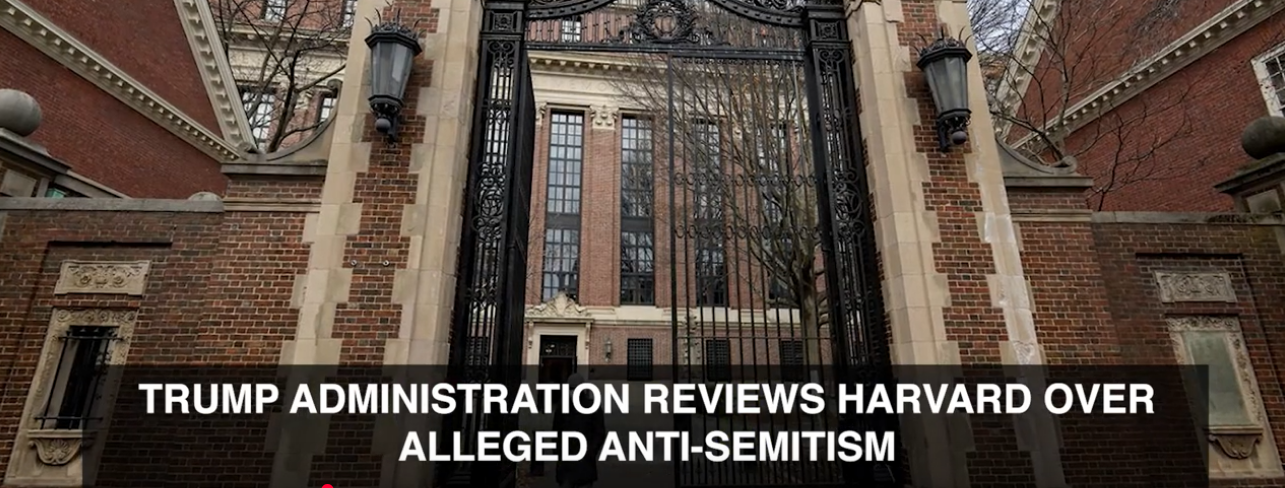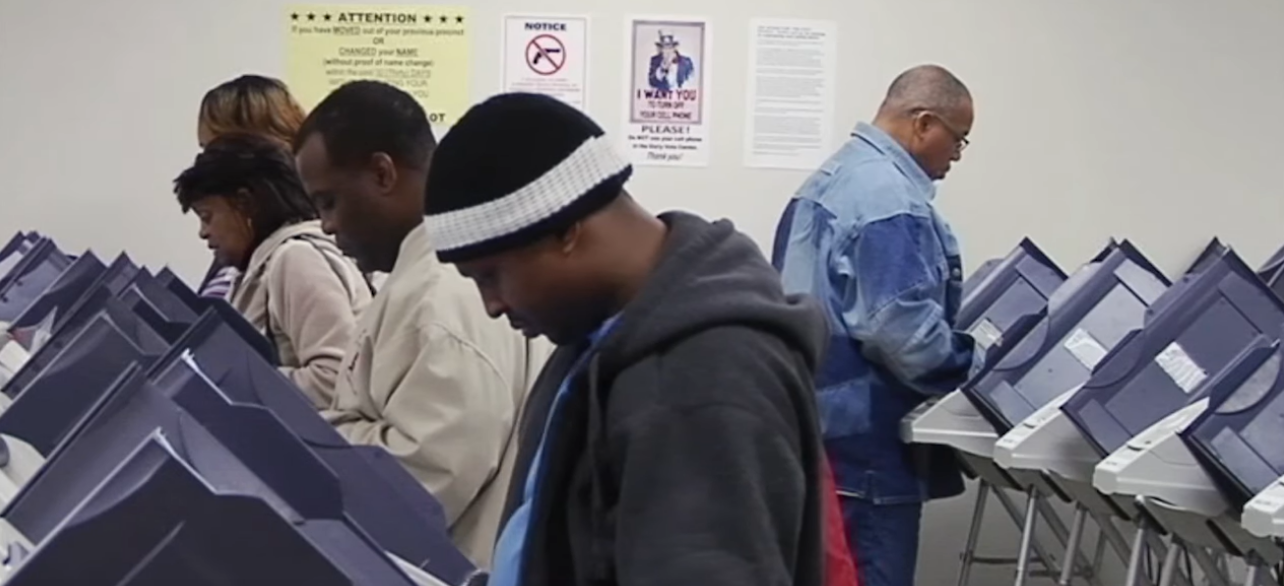As mayor of Atlanta, Maynard Jackson improved economic conditions for African Americans
In a poem written in 1960, Dr.Carlos Russell asked “Why is there so much dancing in the slave quarters”.
To a great extent that is still a relevant question. African Americans are still being encouraged to claim easy victories, and to celebrate symbolism rather than substance.
In 1960, there were 103 Black elected officials throughout the nation. By 1990, that number had grown to 9000. Nonetheless, as we approach 2014, all of the social comfort indicators show that the political and economic status of African Americans continues to decline. Blacks still suffer the highest unemployment, the highest rate of incarceration, the highest debt, the lowest median family income, receive the worst public school education, and have the highest public school drop out rate.
After years of traditional politics, Blacks, as a group, remain without power or substance of any kind. Why indeed, is there so much dancing and celebrating? It is time for a fundamental shift in how Blacks participate in the political process. In New York City, Brooklyn councilwoman Latisha James was elected to the post of Public Advocate.
Her supporters have pointed out that what is significant is that she is the first Black woman to be elected to citywide office, and that in itself we are told is an important victory. Also in Brooklyn, the ruling Democratic party has given State Senator Eric Adams the position of Brooklyn Borough President, and for the first time, there is a Black borough president in the cityʼs largest borough. As a result there is a sense of some level of success in the political arena.
And certainly both politicians are to be congratulated for their personal achievement. However, for Blacks just getting the candidate elected to office has always been victory enough. And that is precisely why the political and economic status of Blacks continues to decline while the number of Blacks in office continues to rise. It is what has been called “politics as spectacle” where you concentrate on voters and winning elections, instead of politics as “organized combat” which focuses on power and policies.
Once having placed voting in proper perspective, most groups that are engaged in politics now understand that it is not the winning of office for its own sake that is important. Elections are only a means to the true end: Fundamentally, politics is about the acquisition and use of economic and political power, it is about owning and controlling the resources that control our lives, not at all about the trappings of office.
To engage in politics is to be concerned about the substance of governance. Without the power or the willingness to set policy that will truly benefit the nations underserved communities, being the first Black in a particular public or private high office is quite meaningless.
If we are to engage in electoral politics it must begin with building the organized capacity to broaden the participation of those who are currently being shut off and shut out. We will need to develop the ability to select, support and sustain elected officials, who without hesitation, will work on behalf of all the people who truly need them, and that should include Black people.
In 1961 Frantz Fanon first pointed out that “the people should know that the party and the government are at their service. A deserving people, in other words, a people conscious of its dignity, is a people that never forgets these facts.”
To continue to engage in frivolous and symbolic politics is to allow an assault on the very dignity of the African American community.
There is indeed a need for visionary leadership. A leadership that goes well beyond the type that currently seeks public office for personal recognition. However, as Hacker and Pierson, the authors of Winner Take All Politics, have advised, those who take on the entrenched defenders
of the status quo will need more than bravado, and derring do. They will need more than wise and charismatic leadership. They will need a new type of organization.
We have perfected the art of protest. Now we must move to a new level of organizing, one that sets out to acquire political and economic power, so that so many protest will no longer be necessary.
But above all else, there will have to be the courage to address the still unresolved critical issues that continue to confront the Black community. We have often made the point that the only way to close gaps in racial disparities is to intentionally address the root causes of those disparities.
We must have once again, a movement that is unafraid to reaffirm the rightfulness of the political aspirations of the Black community. Lets be clear, the leadership does not have to come from professional politicians. Perhaps it is time to encourage and support those among us who have demonstrated with their lifeʼs work their commitment to the liberation of Black people.







